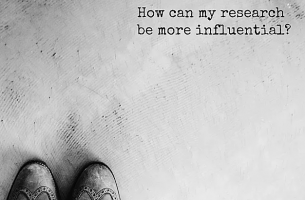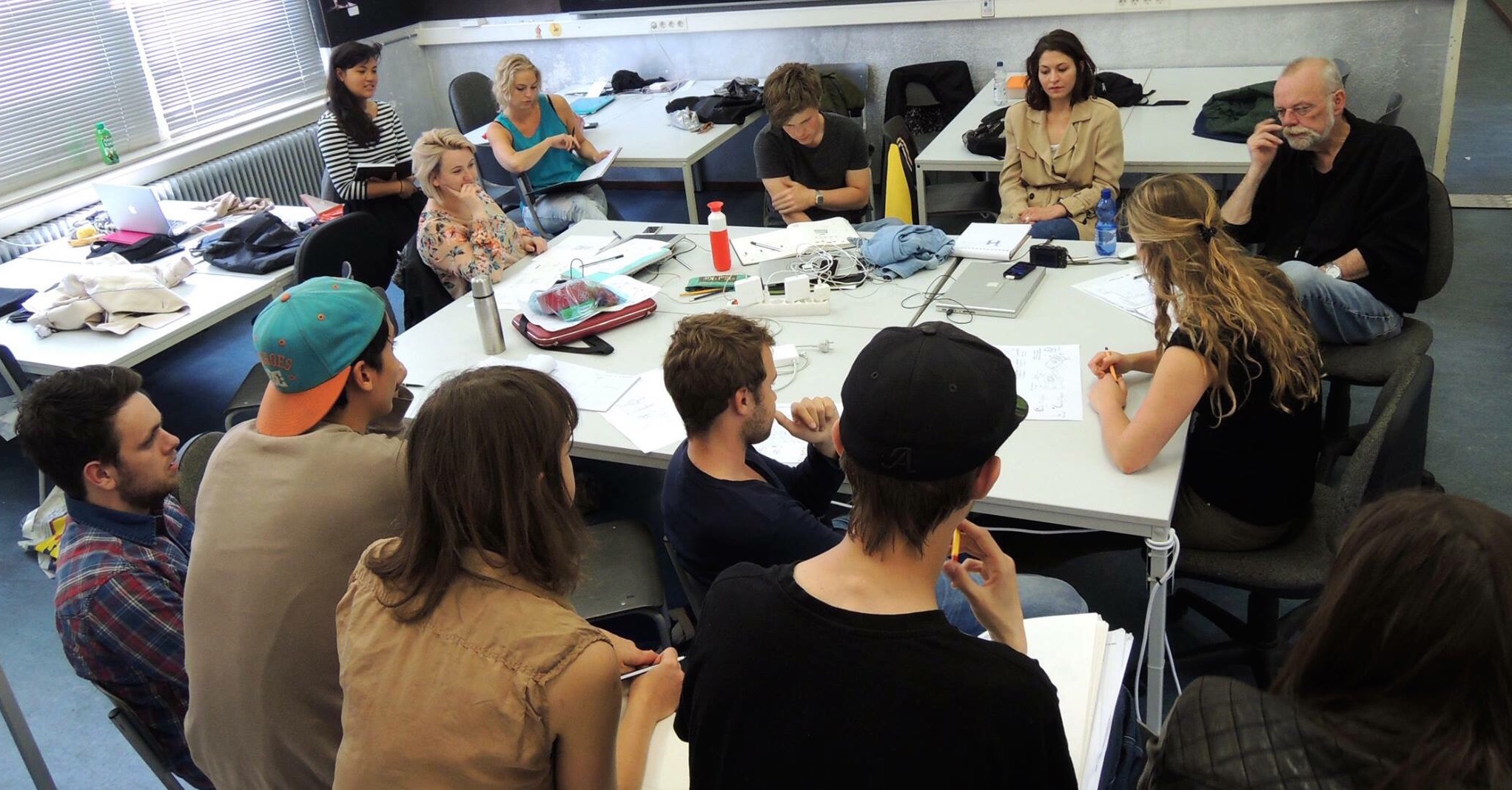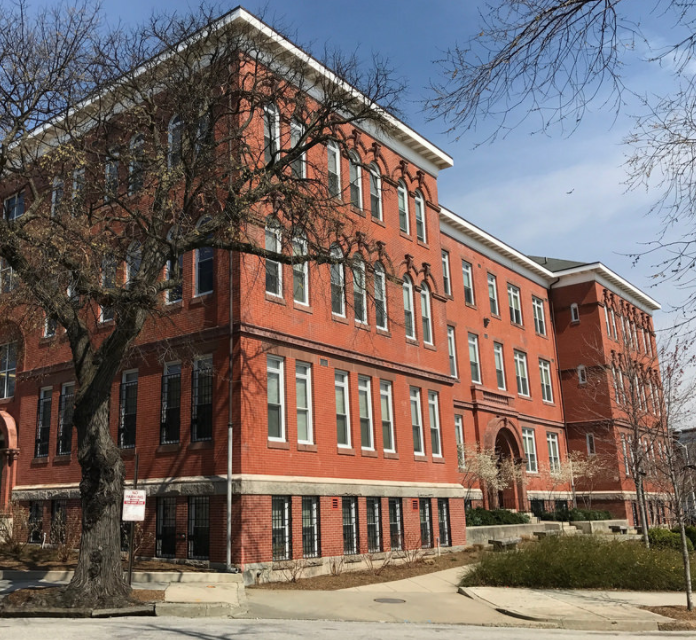Common Guidelines for Education Research and Development
This article describes NSF and ED’s shared understanding of the roles of various types of research in generating evidence about strategies and interventions for increasing student learning. The primary audiences for this paper are agency personnel, scientific investigators who seek funding from these agencies, and those who service as peer reviewers. Continue reading Common Guidelines for Education Research and Development →
Unlocking the Potential of the “What Works” Approach to Policymaking and Practice: Improving Impact Evaluations
This paper suggests three ways to make impact evaluations more relevant to policy and practice in an effort to improve the fundamental understanding of social problems, while also generating practical guidance for mitigating those problems. Continue reading Unlocking the Potential of the “What Works” Approach to Policymaking and Practice: Improving Impact Evaluations →
The Research Lead
Having a person dedicated to the curation, generation and communication of research supports everyone from the classroom to the boardroom in making better decisions.Continue reading The Research Lead →
Why don’t teachers use education research in teaching?
Last year, three education researchers from Durham University tried an interesting experiment. They carried out an intervention with several primary schools – an intervention that should have had a positive impact on their students’ learning. Continue reading Why don’t teachers use education research in teaching? →
Six practical ways to make your research more influential
“I recently blogged about how researchers can positively channel emotion, to do relevant research that resonates deeply with our audience and spurs them into action…”Continue reading Six practical ways to make your research more influential →
Measuring the Use of Research Evidence: Four Challenges for the Field | William T. Grant Foundation
For those of us working to improve opportunities and outcomes for children, research can be an invaluable tool that supports the development of more effective policies and practices. Continue reading Measuring the Use of Research Evidence: Four Challenges for the Field | William T. Grant Foundation →
Where is the disconnect? Knowing how the use of research varies along multiple dimensions serves only to inform about the nature and scope of knowledge utilization. To identify strategies that can
Continue reading The Gap between Research and Practice →
Research Shouldn’t Prescribe Good Practice, it Should Inspire it!
Research can allow us to recognize and address problems that may otherwise go unnoticed. However, research can be futile without the work of dedicated and passionate practitioners to ensure its’ integration into practice. Continue reading Research Shouldn’t Prescribe Good Practice, It Should Inspire It! →
Lessons from the Friday Institute’s Research-to-Practice Partnership Symposium
Horatio and Kalyn share their experiences during their visit to the Friday Institute and shed some light on the role of RPPs and their efforts to create linkages between researchers and practitioners. Continue reading Lessons from the Friday Institute’s Research-to-Practice Partnership Symposium →
Research Use? Knowledge Use? School Improvement? Personal Reflections on the Last 40 Years…
Dr. Karen Seashore Louis reflects on her experiences studying the work of research and practice in her career. Continue reading Research Use? Knowledge Use? School Improvement? Personal Reflections on the Last 40 Years…. →









